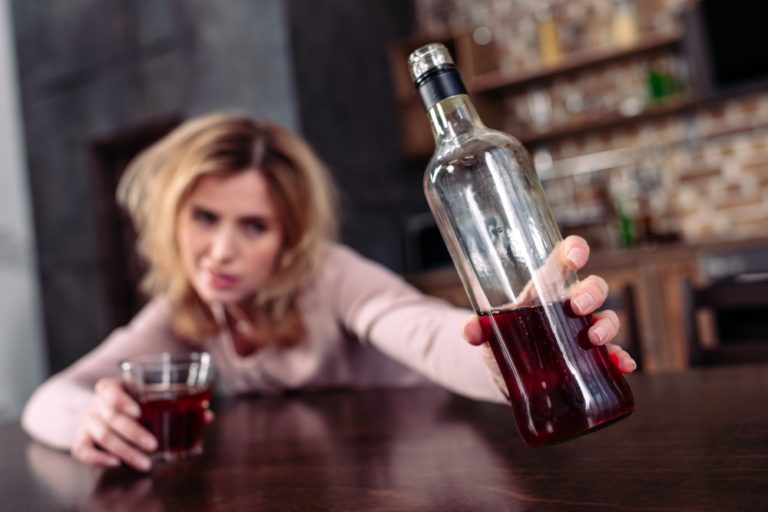If you’re allergic to a specific grain, beer won’t be your only problem. You’ll also experience symptoms when you eat other food products containing that allergen. Although the main ingredient in beer is water, there are many other https://trading-market.org/nutrition-guide-for-addiction-recovery/ ingredients. This generally includes malt barley and brewer’s yeast, along with hops or assorted flavorings. If you find that drinking beer makes you sneeze, there are several things you can do to help prevent this from happening.
In some cases, it may be necessary to discontinue drinking wine altogether to avoid further complications. If you experience any symptoms after consuming alcohol, it is important to speak to a doctor to ensure your health and safety. They will be able to provide the best advice for treating any underlying medical condition. Allergy testing can determine if a person is allergic to histamine or other compounds found in red wine. A skin prick test or blood test may be used to detect an allergic reaction to the particular compounds that are present in red wine.
Lifestyle changes to reduce anxiety
A reaction to an allergic reaction can be caused by an ingredient in an allergy remedy. When the body’s digestion is not completely or properly controlled, hetamine is produced by the body. In the body from an external source, histamine accumulates and fails to break down properly, triggering an immune response. Malt barley, gluten, grapes, yeast, and wheat are common allergens found in alcoholic beverages that can cause severe allergic reactions in people.
- If left untreated, an allergic reaction can quickly become worse.
- There is no such thing as an allergy to red wine, because any type of wine can cause an allergic reaction.
- Tannins are astringent compounds that contribute to the bitter taste and aroma of wines.
- After drinking beer, they may experience a combination of hives, nausea or vomiting, diarrhea, sneezing, wheezing and abdominal pain.
- In very rare cases, reactions to alcohol may be a sign of Hodgkin’s lymphoma.
Beer, wine and liquor contain histamine, produced by yeast and bacteria during the fermentation process. We may never know for sure but that doesn’t mean we can’t enjoy a glass of vino every now and then. If you suffer from this perplexing phenomenon, just remember that you’re not alone – and there are worse things in life! Besides, maybe your sneezes are just nature’s way of making sure you don’t have too much fun ;).
What are the symptoms of being allergic to beer?
They were found to develop bronchoconstriction after drinking apple juice containing alcohol. Intravenous infusion or inhalation of ethanol also caused bronchospasm responses in the male subject. These studies suggested that alcohol itself caused the asthmatic symptoms triggered by alcoholic beverages. While just about anything can trigger an allergic reaction, some things (like a bee sting, peanuts, and certain foods) are more likely to trigger allergic reactions than others. If they suspect you have a true allergy to alcohol or another ingredient in alcoholic beverages, they will likely conduct allergy testing.

As such, it is important for those who suffer from this condition to be aware of the potential risk that drinking certain cocktails may pose. Allergens in wine can cause a range of reactions, including skin irritation, gastrointestinal problems, and respiratory symptoms. It is important to be aware of the potential allergens present in wine so that those who suffer from allergies can choose wines that are safe for them to drink.
Can alcohol cause anxiety?
It is essential to talk with your doctor if you think you may be sulfite sensitive. People who drink red wine may be more prone to dehydration than those who don’t, as alcoholic drinks can increase the body’s need for fluids. Therefore, it is important to Recovery Gift Guide, Sober Gift Guide stay hydrated when drinking alcohol by having a glass of water between drinks and avoiding caffeine or carbonated beverages. The build-up of histamines can then trigger the allergy-like symptoms when certain foods or drinks, such as alcohol, are consumed.